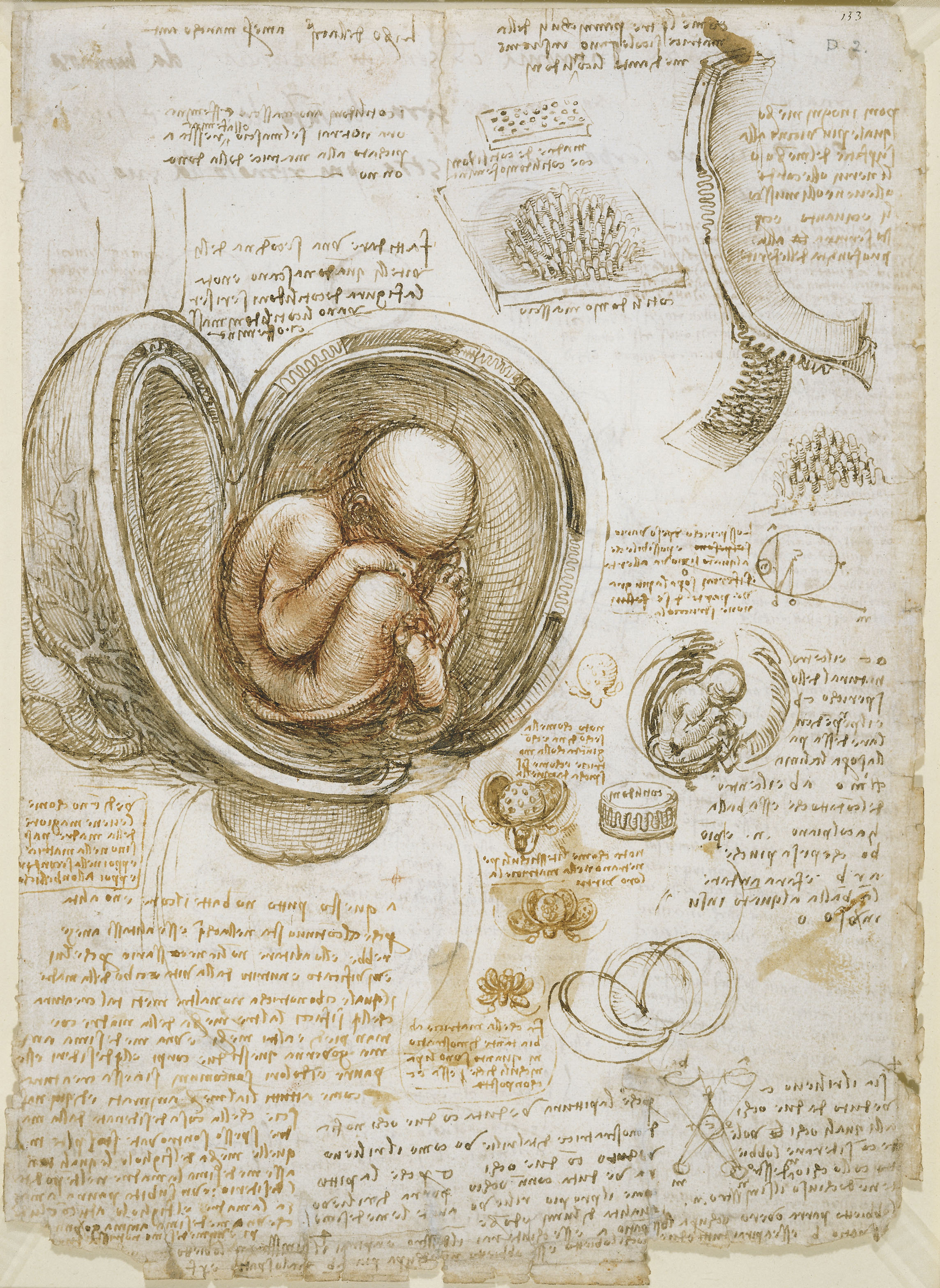Mark 3:31-35
Family first -
isn't that how it should be?
Then why
do you put this rabble
before us, your closest kin,
and call them mother, brother, sister
while your mother, brothers, sisters
are stuck outside the door?
Family first -
isn't that the law of God?
Then why this affront
right out in public?
Why this reaction
that feels like rejection?
Are you forgetting
all you were taught
about honouring father and mother?
Are you forgetting
your mother who gave life to you,
your brothers who look up to you,
are you forgetting
me?
Once
you were my own big brother,
always there for me.
You played with me,
you taught me all I know,
you carved me little toys from wood,
defended me
and guided me.
Once
you were my own.
But now
I can't reach you
through the sweaty throng surrounding you,
the squirming, stinking masses
of hideous faces pressing you,
strangers, sick, unclean,
people who disgust and frighten me.
Now
you say that I must share you
with the likes of these.
And it hurts me
that you prefer
this unsavoury company
over me.
Once
you were my own big brother.
Once
you were my own.
NO, brother:
I don't want to share you.
I don't want this privilege
of being your sister
given to anyone else.
For it feels like I must lose you.
It feels like, when you love them,
there's less love left for me.
Like when you honour them
you're shaming me.
I know this is stupid.
I know this is selfish.
But this is what I feel.
Why?
Am I forgetting
that nothing can change
that I am your sister
and you are my brother?
Why do I deny them
an honour that won't cost me mine?
Why do I deny them
a privilege I got for free?
Family first -
but you say all are family.
Family first -
yes, but
maybe I need to learn
your family is larger than ever I thought.
_______________________________________________________________
[12. - 13. February 2018]
Yes Jesus had sisters. 😁
I find this scene very interesting: Jesus' family coming to look for him and unable to reach him because he is so surrounded by a crowd of people. Reading the Gospel of Mark this time around has made me realise how completely overrun poor Jesus was... everyone just rushing to him to get healed, pressing him from all sides, hardly leaving him a minute's peace, making it so bad he had to get in a boat and preach to them from water because they were thronging around him so... People believed he had gone mad, letting all those people come to him like that (Mk 3:21).
So Jesus' own family wants to get to him, but can't. Jesus is surrounded by people who were probably not all savoury characters. I don't know how comfortable you'd feel in a crowd of sick people... especially considering in those days no one really knew what to do about contagion. Then there were the "sinners", people who were deemed unclean because of their illnesses or way of living (and coming too close to those would infect you with "uncleanness" too), ...
Jesus calling
these people family would have been a very shocking pronouncement.. and might have felt like an insult and affront to his immediate family. He was bestowing a great honour on those gathered around him - but in a culture where family has top priority (as was the case in ancient Palestine), that would have sounded like dishonour towards his own direct family.
And it got me thinking about privilege. And how very often, sharing something or giving a privilege to others results in the privileged feeling like they are losing out on something. It is very odd because it makes absolutely no sense; just because someone else can have the same privilege does not mean you lose it or that it has any less worth. But I see that happening e.g. in discussions about gay marriage (people talking as if they and their marriages are being attacked simply by others being allowed the same privilege they already have), or in discussions about welfare etc. With welfare often the arguments go along the lines of "we worked for our money and our privileges, why give them for free to people, that will just make them lazy" etc etc. But God's system of fairness works counter to that: in the parable of the workers in the vineyard, all the workers receive the exact same salary, no matter how many hours they worked. And those who worked more complain - but they do not receive any less than what was promised to them. Why do we want privilege, to be "better off" or treated better, rather than aiming for equal treatment for all, unity, sharing?
So anyway those were my thoughts behind this... as well as: Jesus' family is way larger than we can imagine. We spend so much energy on thoughts about who is in and who is out, who is "saved" and who isn't, how to "save" those who aren't... but Jesus tells these dirty sick sinners around him that they are his family. A majority of them probably did not understand his message. There are a few stories of people who came, received healing, and left again without having really learnt anything, e.g. the 9 lepers who were healed and went home, with only one turning back to thank Jesus and follow him. But Jesus calls the whole crowd his family. Isn't that food for thought?
Picture by Etienne Dinet.




